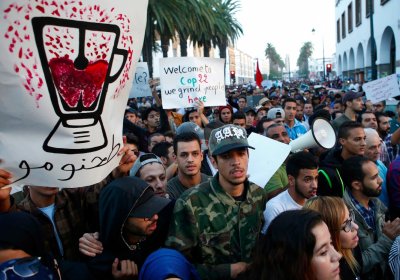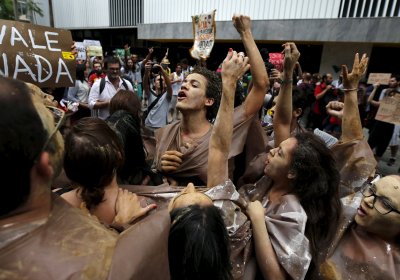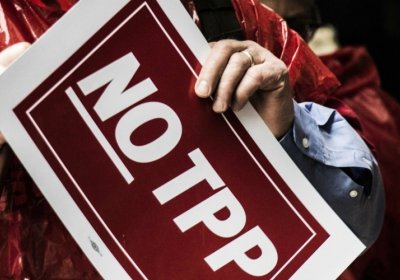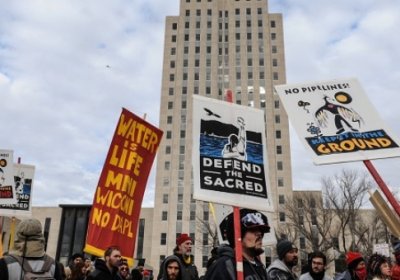As expected, once Brazil’s October regional elections were over, the Michel Temer government launched a large-scale offensive against workers, youth and the people in general.
At the heart of this offensive is Constitutional Amendment Proposal (PEC) 241, which essentially imposes a freeze on government expenditure for the next 20 years.











